
Haiti’s only Creole newspaper is out of business
Haiti’s sole newspaper published exclusively in Creole has disappeared under the rubble of the January 12 earthquake. The Port-au-Prince offices of the monthly Bon Nouvel (Good News) were destroyed, as were the facilities of its La Phalange printing unit, which specialized in the production of Creole-language books and documents.
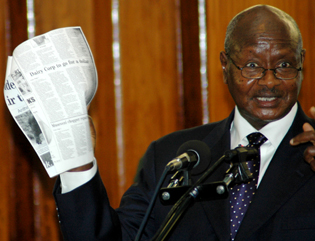
Ugandan plan would punish media for ‘economic sabotage’
Uganda’s anti-homosexuality bill has received considerable international attention, particularly concerning its harsh criminal sanctions, but another piece of repressive legislation threatens to criminalize the activities of another maligned group: the vibrant independent press in this East African nation at the confluence of Africa’s largest lake (Victoria) and the world’s longest river (Nile).
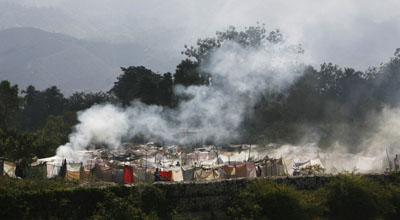
For Haitian media, a big story amid big demands
In the aftermath of the January 12 earthquake, Kerby Joseph stays on the job. He helps gather news for Amikal FM, a radio station that now broadcasts from a tent in the devastated Haitian town of Leogane, where most of the buildings have been damaged or destroyed. But the radio station lacks the money to…
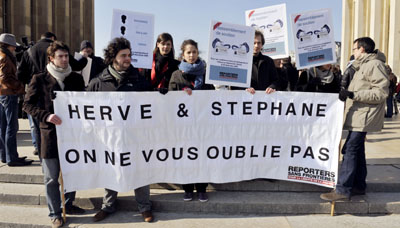
Rallying (hesitantly) for reporters abducted in Afghanistan
What can we do to help liberate our colleagues? French journalists have been struggling with this dilemma since December 30, when two reporters of the public service TV channel France 3 and their three Afghan fixers were abducted by a group purportedly linked to the Taliban in the region of Kapisa, in eastern Afghanistan.
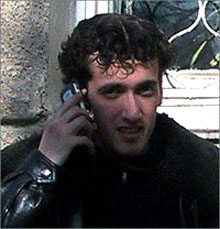
Uzbekistan using ‘experts’ to silence journalists, activists
Having suppressed independent journalism relatively completely in the country, the authoritarian Uzbek regime has now turned to other sectors of society it perceives as threatening to its ideology. State appointed so-called “experts” on undefined Uzbek national traditions are being dispatched on a witch hunt against independent-minded individuals, including a filmmaker and an anti-HIV/AIDS activist. This dangerous policy is in…

Rwanda’s Kagame tries to link bombs to critical press
Journalists in Kigali are on tenterhooks after President Paul Kagame, left, made new accusations of their supposed involvement in a bomb attack in Rwanda. Just months before Rwanda’s presidential elections, Kigali was recently hit by two grenade attacks that killed two people and injured 30 others, according to news reports.
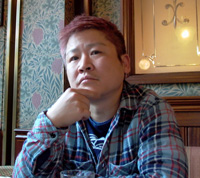
Japanese press advocates face 50 lawsuits, broken ribs
Kensuke Nishioka, 42, looked different from the other Japanese journalists I encountered in Tokyo during a February trip. Maybe it was the pink hair. “Don’t believe any journalist who says they’re at risk in Japan,” he declared, shrugging off the time, at age 32, when two members of a nationalist group cornered him in his office, broke his…
Senior Chinese editor forced out for controversial editorial
“Some have commented that this event should go down in media history.” So says Zhang Hong (in English translation on The Wall Street Journal’s China blog today), co-author of an unprecedented joint editorial published last week by 13 Chinese newspapers. The editorials, criticizing the hukou system, which registers individuals in their place of birth and limits their ability to find work and education…

Journalists fleeing Haiti in aftermath of quake
Thousands of Haitians, including many journalists, have fled the country since the January 12 earthquake. Ronald Leon, a veteran journalist who worked with Haiti’s National Television station, Radio Caraibes and Tropic FM, has now settled in Florida, leaving behind his family and his journalism training school, Ameritech, which was destroyed in the earthquake. Its last class had 15 students.
Tunisian airport officials confiscate CPJ publications
On Saturday, Tunis airport customs officials confiscated two copies of CPJ’s annual report, Attacks on the Press, as well as five copies of the Arabic-language translation of the Middle East and North Africa section of the book from Tunisian rights lawyer Mohamed Abbou and journalist Lotfi Hidouri on their return from Morocco, the two men told CPJ.